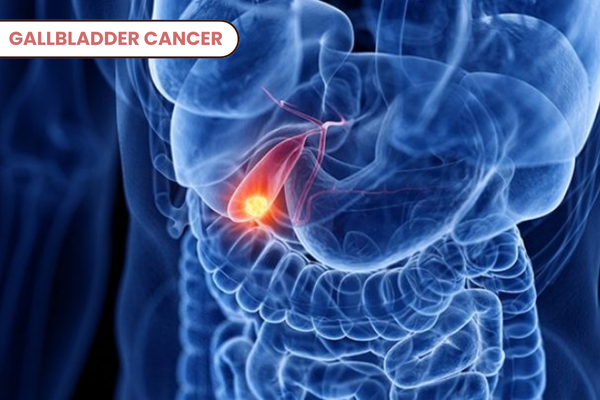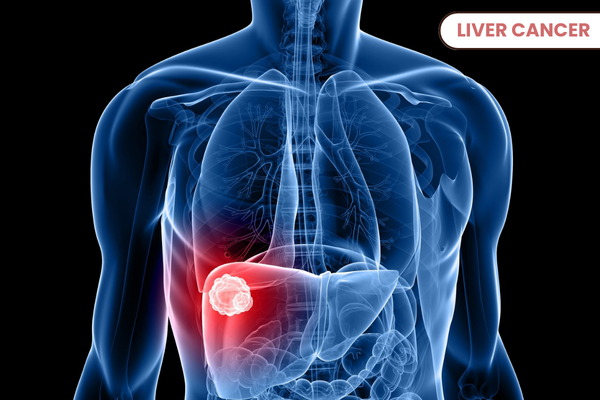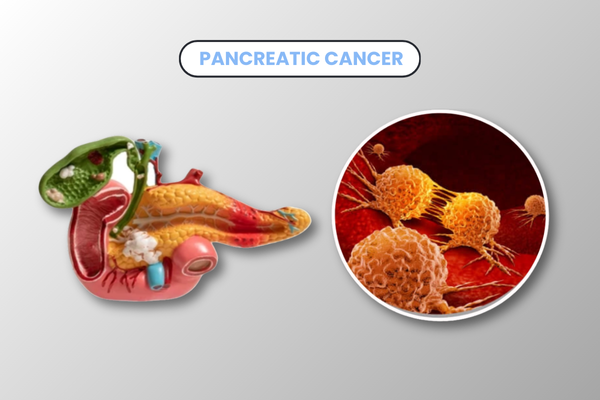Esophageal Cancer:
Esophageal cancer refers to cancer that forms in the esophagus, the long tube that carries food and liquids from the mouth to the stomach. It is one of the more serious forms of cancer and can affect a person's ability to eat and swallow, which makes early diagnosis and treatment crucial.
What is Esophageal Cancer?
The esophagus is a muscular tube that connects the throat to the stomach. Cancer can start in any part of the esophagus, but it usually develops in the inner lining. Over time, cancerous cells can spread deeper into the walls of the esophagus and potentially to other parts of the body.
There are two main types of esophageal cancer:
- Adenocarcinoma: This type typically begins in the glandular cells, which are found in the lower part of the esophagus near the stomach. It is the most common type of esophageal cancer in the United States.
- Squamous Cell Carcinoma: This type starts in the squamous cells that line the esophagus. It is more common in parts of the world such as Asia and parts of Africa.
Risk Factors for Esophageal Cancer
Several factors increase the risk of developing esophageal cancer:
- Age: Most cases of esophageal cancer are found in people over the age of 50.
- Gender: Men are more likely to develop esophageal cancer than women.
- Smoking and Alcohol: Tobacco use and heavy drinking can increase the risk of squamous cell carcinoma, especially when combined.
- Acid Reflux (GERD): Chronic acid reflux or gastroesophageal reflux disease (GERD) can lead to Barrett’s esophagus, which is a condition that increases the risk of adenocarcinoma of the esophagus.
- Obesity: Being overweight or obese can increase the risk, especially for adenocarcinoma.
- Diet: A poor diet, low in fruits and vegetables, may also contribute to the risk of esophageal cancer.
Symptoms of Esophageal Cancer
In its early stages, esophageal cancer may not cause noticeable symptoms. As the cancer grows, common symptoms include:
- Difficulty swallowing (dysphagia): This is one of the most common signs. You might feel like food is getting stuck in your throat or chest.
- Unexplained weight loss: Losing weight without trying, especially if it's due to difficulty eating, is a warning sign.
- Persistent heartburn or indigestion: These symptoms can be related to acid reflux but may also signal something more serious.
- Pain or discomfort in the chest: This can feel like a burning sensation or pressure.
- Hoarseness or cough: Sometimes, cancer of the esophagus can affect the voice or cause a persistent cough.
Diagnosis of Esophageal Cancer
If you experience symptoms like difficulty swallowing, your doctor may recommend tests to check for esophageal cancer. These tests may include:
- Endoscopy: A thin, flexible tube with a camera (endoscope) is inserted through the mouth to look inside the esophagus.
- Biopsy: During an endoscopy, a small sample of tissue may be taken from the esophagus to check for cancer cells.
- Imaging Tests: CT scans, PET scans, or X-rays may be used to determine the extent of the cancer and whether it has spread.
Treatment Options for Esophageal Cancer
Treatment for esophageal cancer depends on the stage of cancer, the location of the tumor, and the overall health of the patient. Common treatment options include:
- Surgery: In some cases, surgery may be needed to remove part or all of the esophagus.
- Radiation Therapy: High-energy rays may be used to kill cancer cells or shrink tumors.
- Chemotherapy: Drugs are used to kill cancer cells or stop their growth.
- Targeted Therapy: This treatment targets specific molecules that contribute to cancer cell growth.
- Immunotherapy: It helps boost the body's immune system to fight cancer.
Prevention and Early Detection
While not all cases of esophageal cancer can be prevented, there are ways to reduce the risk:
- Avoid smoking and limit alcohol consumption.
- Maintain a healthy weight and eat a balanced diet rich in fruits and vegetables.
- Treat acid reflux and manage conditions like GERD.
- Get regular check-ups, especially if you're at high risk.
Conclusion
Esophageal cancer is a serious health condition that requires early detection and appropriate treatment. By understanding the risk factors and symptoms, individuals can take steps toward prevention and seek medical advice promptly if they notice signs. Always consult with a healthcare provider for personalized advice and treatment options.
Leave a Reply
Your email address will not be published. Required fields are marked *



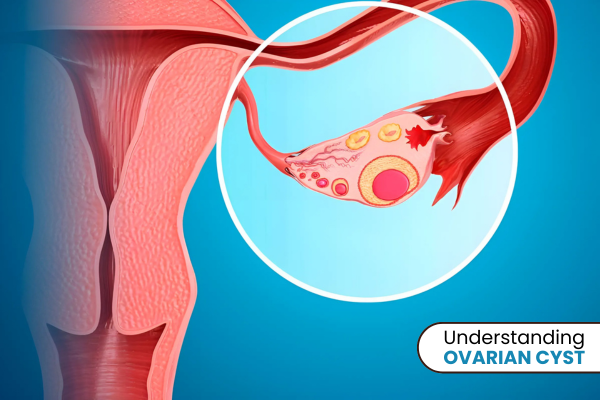
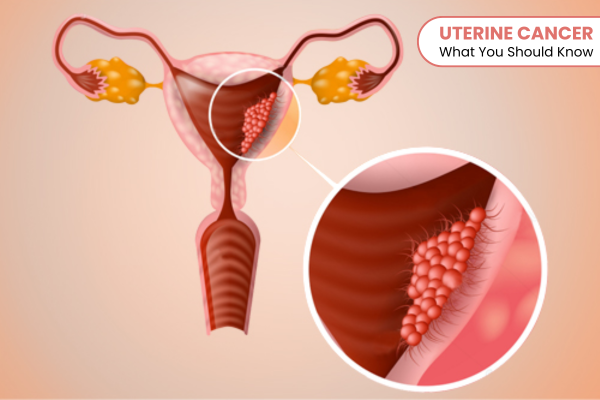


.png)



